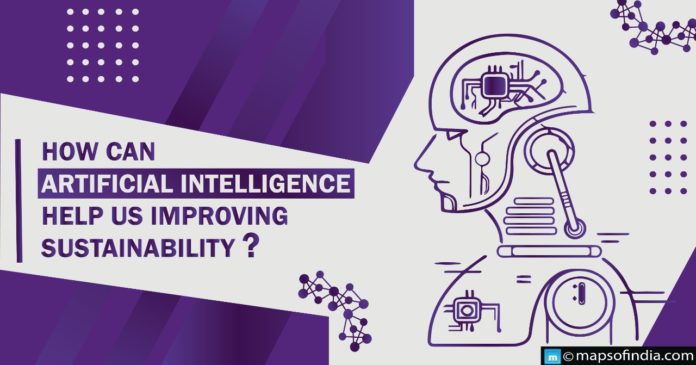To say that a machine or computer has “artificial intelligence” is an understatement. Due to massive predictions, Artificial Intelligence (AI) is thriving. Consequently, huge companies with significant biological imprints might use it to make their actions more realistic. The article focuses on several areas in which AI can assist in developing long-term business abilities.
What does the term “artificial intelligence” mean?
Software engineering may be regarded as a branch of artificial intelligence capable of re-creating human knowledge. A machine’s simulated intelligence carries out tasks that need human expertise. If you’re still scratching your head over the term, let me explain. Thinking and quick decision-making are all part of their essential skill set.
Artificial intelligence is fundamentally a set of computations based on a predetermined set of rules. Computer information may be learned from the importance placed on assignments in a simulated intelligence framework. As a result, artificial intelligence (AI) may become better at completing preset tasks with minimal human intervention.
AI-enabled robots now hold sway, and they can do human tasks while avoiding the many errors that come with human error.
Artificial Intelligence and the Sustainable Development Goals
Attendees worldwide gathered at the third AI conference to discuss AI’s rapid development and growth in many sectors. In addition, they looked at methods to use AI beneficially. The intelligence generated by computers can significantly exacerbate the global inequalities already present. Co-creation tracks were established during the summit to allow attendees to dive into AI challenges and solve them front-on.
Across the globe, networks increasingly welcome the idea that artificial intelligence (AI) could alleviate some of their burdens. Adults and kids alike will benefit from AI gadgets being introduced into classrooms. For example, using Minecraft, students will put their AI creations to the test and then share them with the rest of the globe.
To what extent can artificial intelligence affect sustainability?
According to GetSmarter’s research, 56% of people think they are more likely to stay with an employer that contributes to action in sustainability.
From ending hunger and poverty to creating a more equitable and sustainable economy, computer-based intelligence will be vital in meeting the remaining Sustainable Development Goals.
Under the United Nations’ Sustainable Development Goals (SDGs) umbrella, 17 goals fall into three categories: environment, economy, and society. A study published in Nature Communications looked at how breakthroughs in artificial intelligence (AI) may help some developments while hindering others.
A favourable outcome may or may not be achieved by using AI’s liberties; it all greatly depends on how it is put to use.





